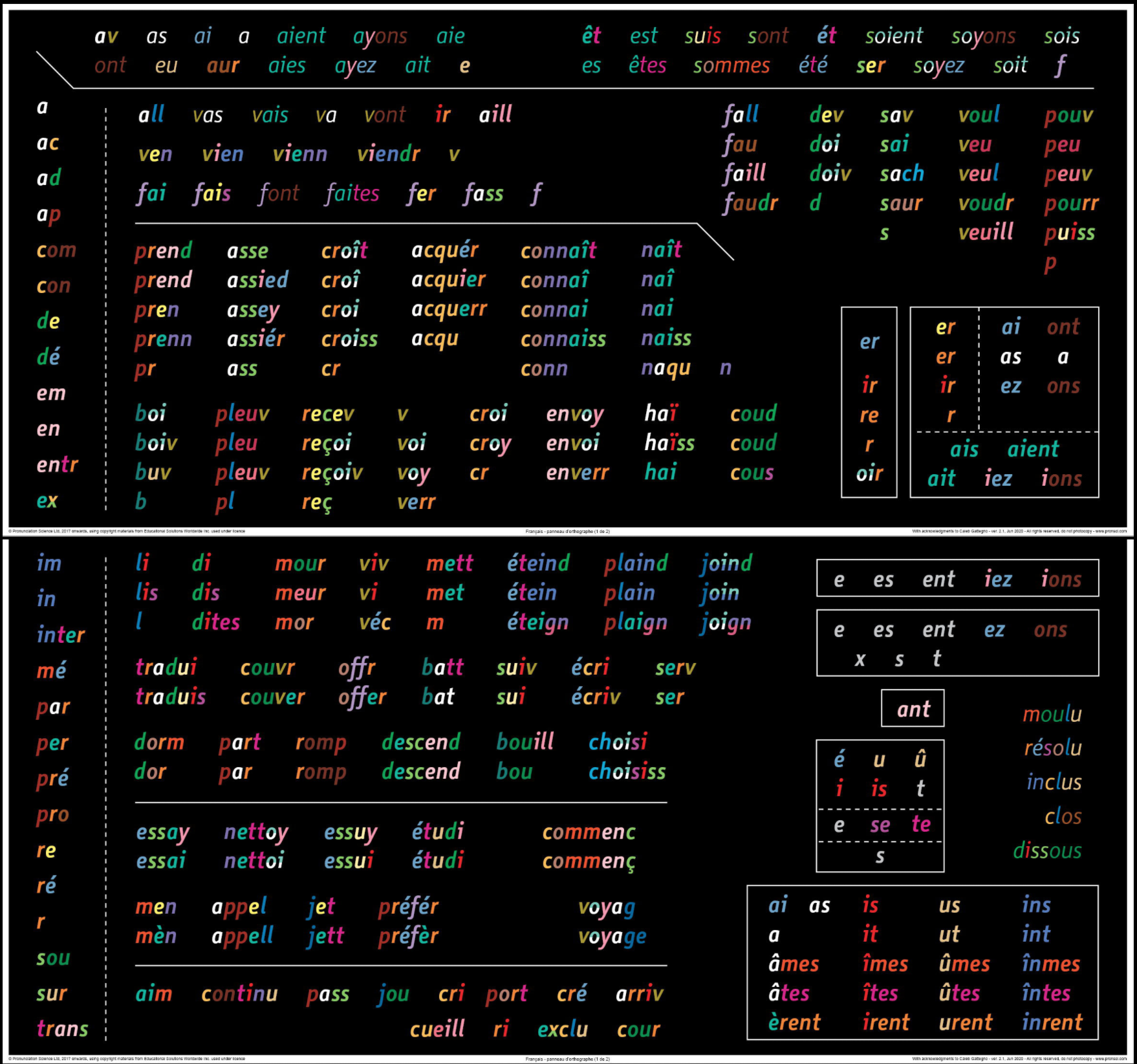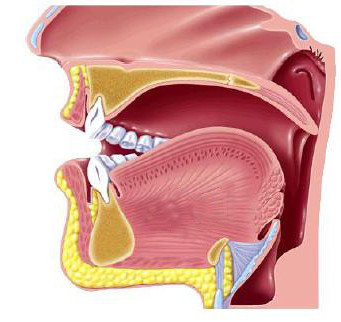Learning a new language isn’t about memorizing rules and explanations; it’s about acquiring a skill, much like driving a car or playing a musical instrument. Traditional language classrooms often leave students well-versed in grammar and syntax but lacking the ability to speak the language naturally. The key to bridging this gap lies in the science of skill acquisition, and the answer is clear: practice.

The Skill of Speaking: More Than Just Knowledge
In the pursuit of language mastery, it’s crucial to recognize that knowing the rules doesn’t translate into speaking proficiency. The analogy of learning to drive or play an instrument holds true – you must engage in the actual act to hone your skill.
The Three Types of Practice
According to K. Anders Ericsson and Robert Pool’s book “Peak,” there are three types of practice essential for skill development:
- Naive Practice: Repetition without a focused effort to improve. While it establishes a basic level of performance, it may lead to stagnation without deliberate efforts to enhance skills.
- Purposeful Practice: Targeted at improving abilities, this type pushes learners beyond their comfort zones. It involves focus, feedback, and well-defined goals, challenging but propelling learners to improve continuously.
- Deliberate Practice: The most effective, this practice incorporates purposeful elements with the addition of a coach or mentor. Immediate feedback and targeted improvements on weaknesses during specific activities ensure accelerated skill development.
Immediate Feedback: A Game-Changer
Immediate feedback is key to the language learning process. Unlike deferred corrections, it allows for real-time adjustments, preventing the reinforcement of mistakes and increasing retention of correct criteria. This iterative learning process, with quick adjustments based on immediate feedback, leads to faster skill improvement.
Applying the Science to Language Learning
To speak a new language fluently, practice is non-negotiable. Speak as much as possible, whether alone in front of a mirror, recording yourself, or engaging in conversations with native speakers. However, to truly excel, seek immediate feedback. This can be achieved through conversations with proficient speakers or, ideally, with the guidance of a coach or mentor who can provide deliberate practice.
Finding the Right Language Lessons
When embarking on language lessons, prioritize those that offer immediate feedback and deliberate practice. Look for opportunities to correct mistakes in real-time, receive guidance, and iteratively improve. A language coach or mentor can be instrumental in honing your skills, ensuring that your language learning journey is not just about knowing but about speaking and being able to hold meaningful conversations.
In essence, the mantra for language learners should be: “Learning to speak. Speaking to learn.” Embrace the science of skill acquisition, practice with purpose, and watch as your proficiency in the new language reaches new heights.





Leave a Reply